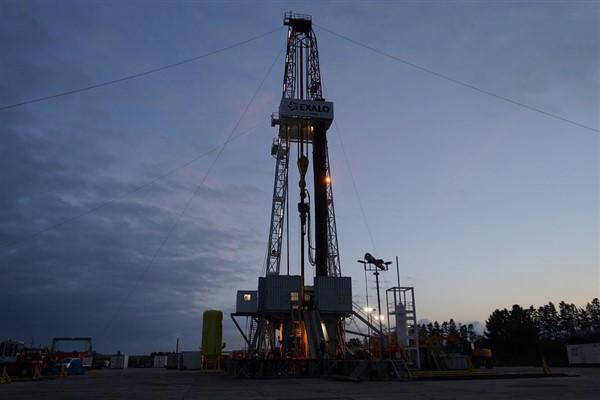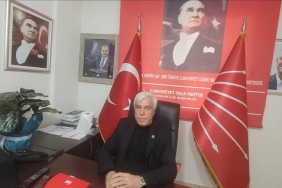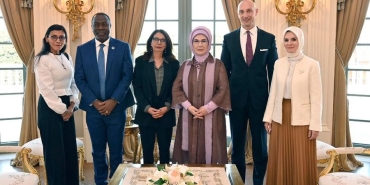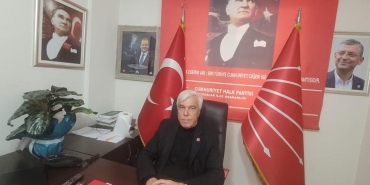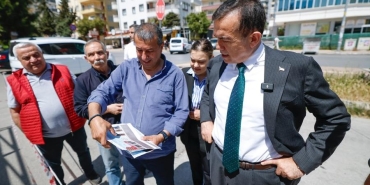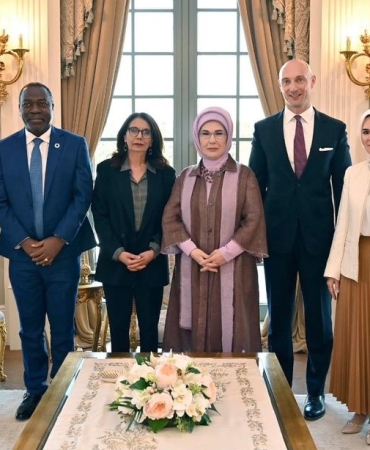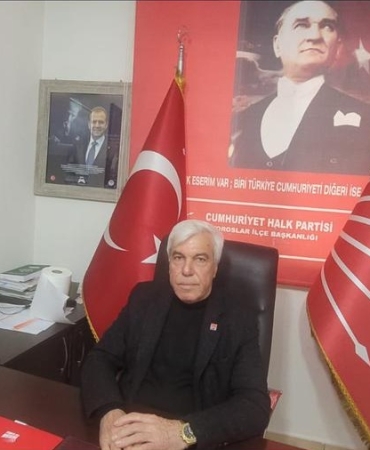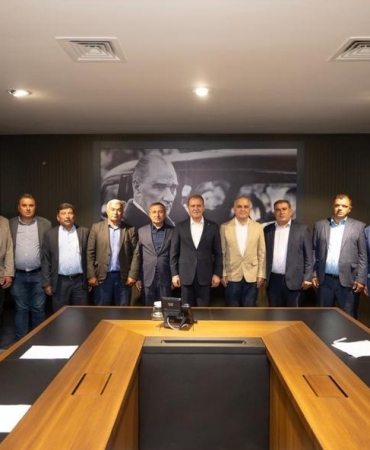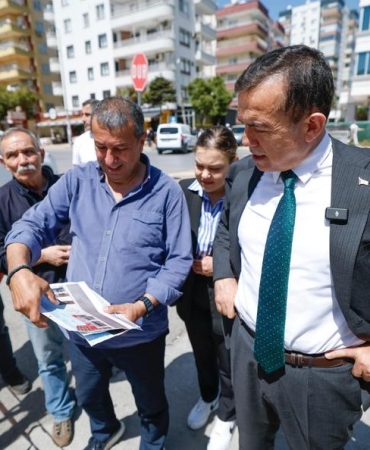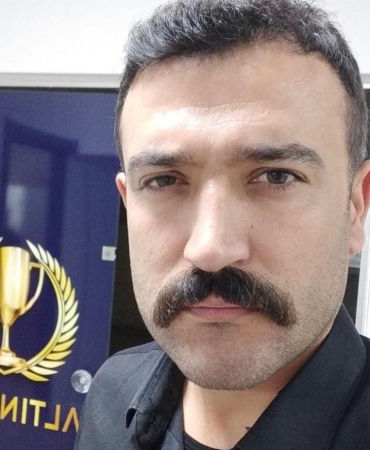Russia’s gas supply interruption – European energy market
Russia has stopped gas flow to Europe via the Nord Stream 1 pipeline and has taken a move that raises an already acute anxiety about the reliability of winter energy supplies, citing the need for repairs.
Nord Stream maintenance. Russia has stopped gas flow to Europe via the Nord Stream 1 pipeline and has taken a move that raises an already acute anxiety about the reliability of winter energy supplies, citing the need for repairs. The maintenance was supposed to be done for 3 days from 31st August to 2nd September.
Gas flow has been reduced to 40% of expected levels in recent months. In July, flow was stopped for scheduled maintenance and resumed 10 days later but at only 20% of capacity. Moscow blamed this on Germany’s failure to provide the necessary equipment due to the sanctions imposed on Russia.
Since invading Ukraine, Russia has completely cut off gas supplies to Bulgaria, Denmark, Finland, the Netherlands and Poland and reduced gas flow from other pipelines.
What is it now? State-controlled Gazprom 2 announced on Friday that the main pipeline to Germany will remain closed indefinitely, shocking customers who expect it to reopen on Saturday after three days of maintenance work.
European governments, already trying to tame rising gas prices, expected the Nord Stream 1 pipeline to resume flow after a brief overhaul this week, but Russia abruptly canceled the restart, citing an oil spill at a turbine.
Europe has accused Russia of arming its energy supplies in what Moscow calls an “economic war” with the West, amid the fallout from Russia’s invasion of Ukraine. Moscow blames Western sanctions and technical problems for supply cuts.
The latest Nord Stream outage, which Russia says will last as long as it takes for repairs, has added to fears of winter gas shortages that could help steer major economies into recession and power delivery.
“Global gas prices are likely to rise drastically on Monday as markets re-adjust to this latest #Gazprom development,” Tom Marzec-Manser, Head of Gas Analytics at ICIS, said on Twitter.
“The closure of #NordStream1 will further reduce overall Russian pipeline flow, making it even more difficult to balance supply and demand this winter.”
Wholesale gas prices have skyrocketed more than 400% since August 2021, squeezing households already in the grip of a cost-of-living crisis and forcing some energy-hungry industries such as fertilizer and aluminum producers to cut production.
The European Commission said that a complete shutdown of Russia’s gas supply to Europe, coupled with a cold winter, could reduce the average EU gross domestic product by up to 1.5% if countries do not prepare in advance.
Coincidence with the announcement of the G7… The discovery of the oil spill on Friday coincided with the wealthy G7 democracies as President Vladimir Putin pursued plans to impose a price differential on Russian oil in order to shrink its resources to fight the war in Ukraine.
Siemens Energy, which supplies and maintains equipment at Nord Stream 1’s Portovaya compressor station, said Friday that the leak did not provide a technical reason to stop the gas flow.
Gas shortages also prompted European Union member Sweden to announce a financial support package for energy firms on Saturday.
Swedish Prime Minister Magdalena Andersson said, “If we don’t act, there is a risk of a serious disruption to the financial system, which could lead to a financial crisis in the worst case.”
The impact on Germany. In a race against time to do just that, Germany has reduced its dependence on Russian gas from about 55% in February to about 26% now, by reducing use and finding alternative import sources. However, it is not expected to be completely independent of Russian gas until mid-2024.
Klaus Müller, head of Germany’s network regulator Bundesnetzagentur, said Europe’s largest economy is ahead of its target of filling gas storage facilities across the country, which was just over 83% full on Tuesday. The target is 85% by October 1. However, a 95% target is expected to be met if industries and households cut about 15%.
The “heating season”, which usually begins in mid-September, is seen as a key time for Germany’s energy supply plans, as from then on stored gas will be needed and levels will drop. A colder winter and more supply cuts from Russia could complicate the situation.
Material also comes from Norway, the Netherlands and Belgium. The three-day pause is expected to be just over one terawatt hour of gas. However, the amount of supply from non-Russian sources in the same period is about 8TWh.
China buys only a fraction of exports to Europe, meanwhile, sales of water- and energy-efficient shower heads, electric blankets and camping gas stoves have soared in recent weeks as the Germans seek to reduce gas use and contain rising bills.
Announcement of the G7. G7 finance ministers agreed to complete a price cap for Russian crude oil on Friday, while banning the export of Russian crude oil and oil products by sea transport.
G7 members announced in a joint statement that the transport of Russia’s sea-sourced crude oil will be “only permitted if oil and petroleum products are purchased at or below a price cap.”
The purpose of the price ceiling is to reduce Russian income and the country’s ability to finance the war, while limiting the impact of the war on global energy prices.
Conclusion? It is truly a coincidence that Russia’s complete cancellation came just after the G7’s announcement. We know that the war between Russia and Ukraine is getting bigger every day (especially with the nuclear threat in Zaporizhzhya). The sanctions imposed by the Western world are perceived as “unjust” by the Russians, who do not concern them and disrupt the world order as we know it.
The EU’s heavy dependence on Russia’s energy has paved the way for Russia to respond to these sanctions by cutting energy exports to those countries, particularly Germany, at the other end of the Nord Stream 1 pipeline, to cutting it off completely.
These energy cuts force Western countries to find alternative sources that will cause great damage to the economy in the short term. As we can see, private households will have to reduce their energy consumption by 15% to get through this winter and this can be expected to be implemented by more from Germany. For the industrial sector, large setbacks in production would be expected and therefore an increase in unemployment as companies would not be able to meet their margins, leading to a substantial decline in GDP and an inevitable recession as both supply and demand would take a beating.
On the Russian side, the war is largely financed by energy sales. While they may find new consumers (China is buying some of the sales to Europe, or Mr. Erdogan’s commitment to strengthening economic ties with Russia last week), it’s hard to believe they will stop selling to their main consumers altogether.
Kaynak:Tera Yatırım-Enver Erkan
Hibya Haber Ajansı

